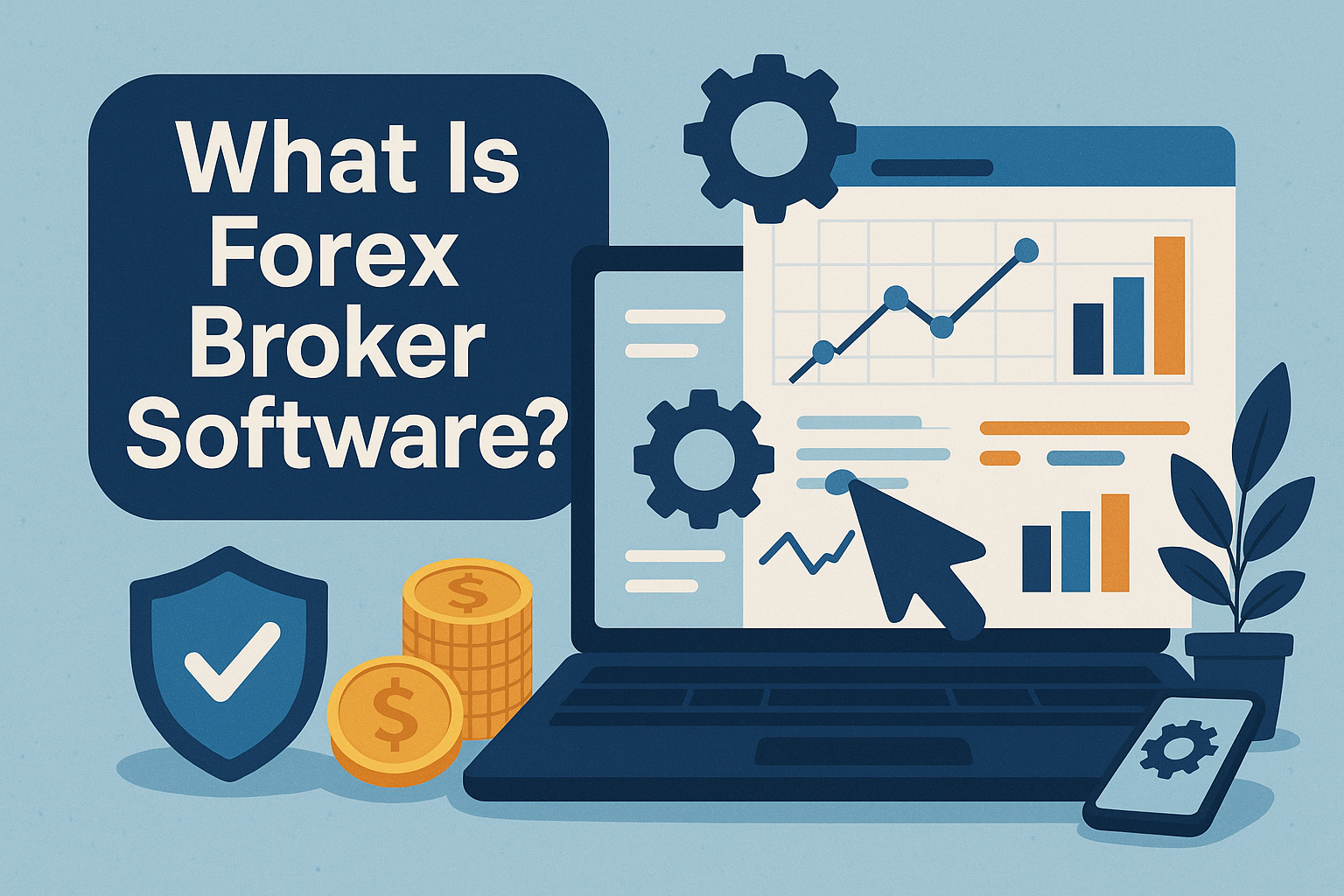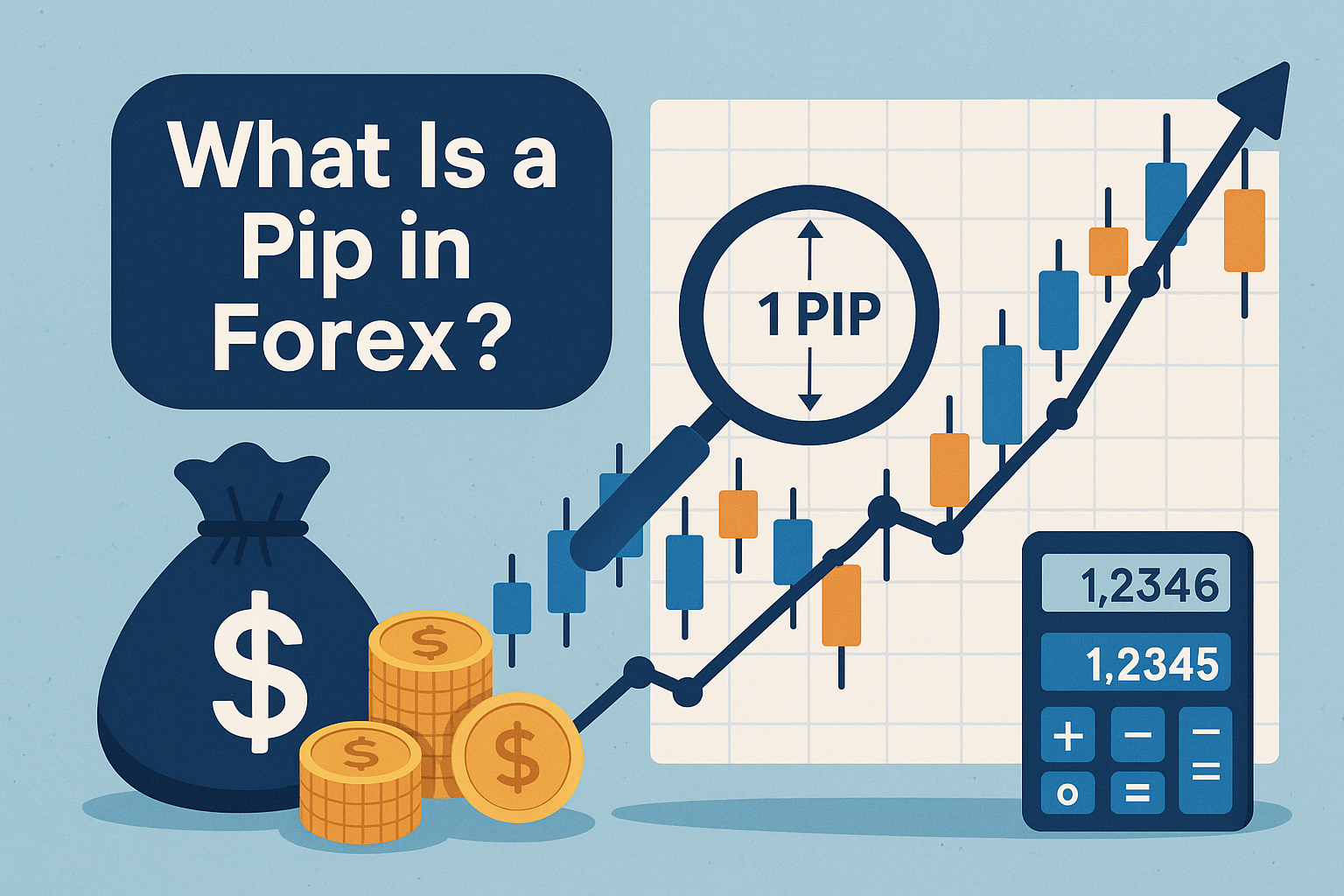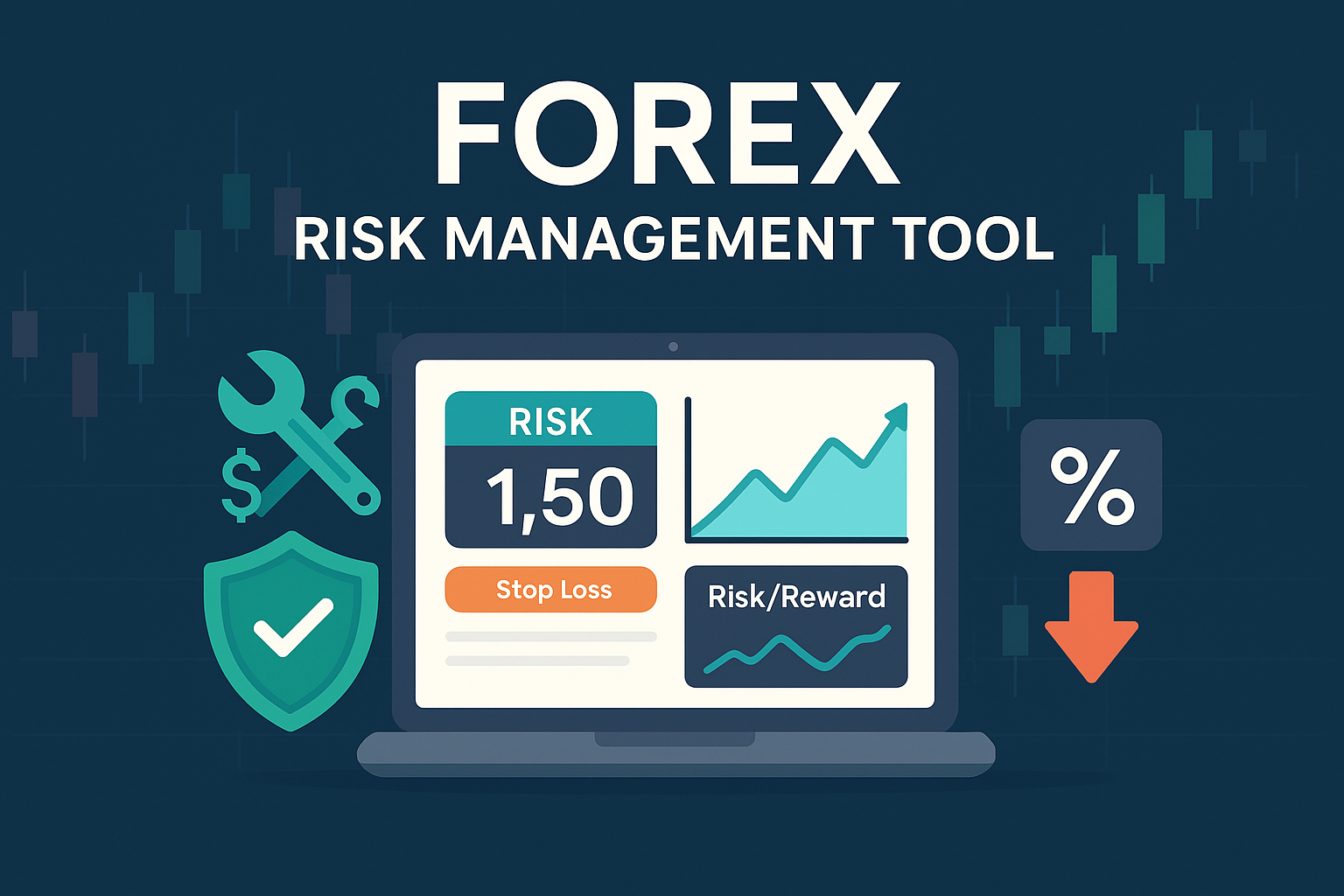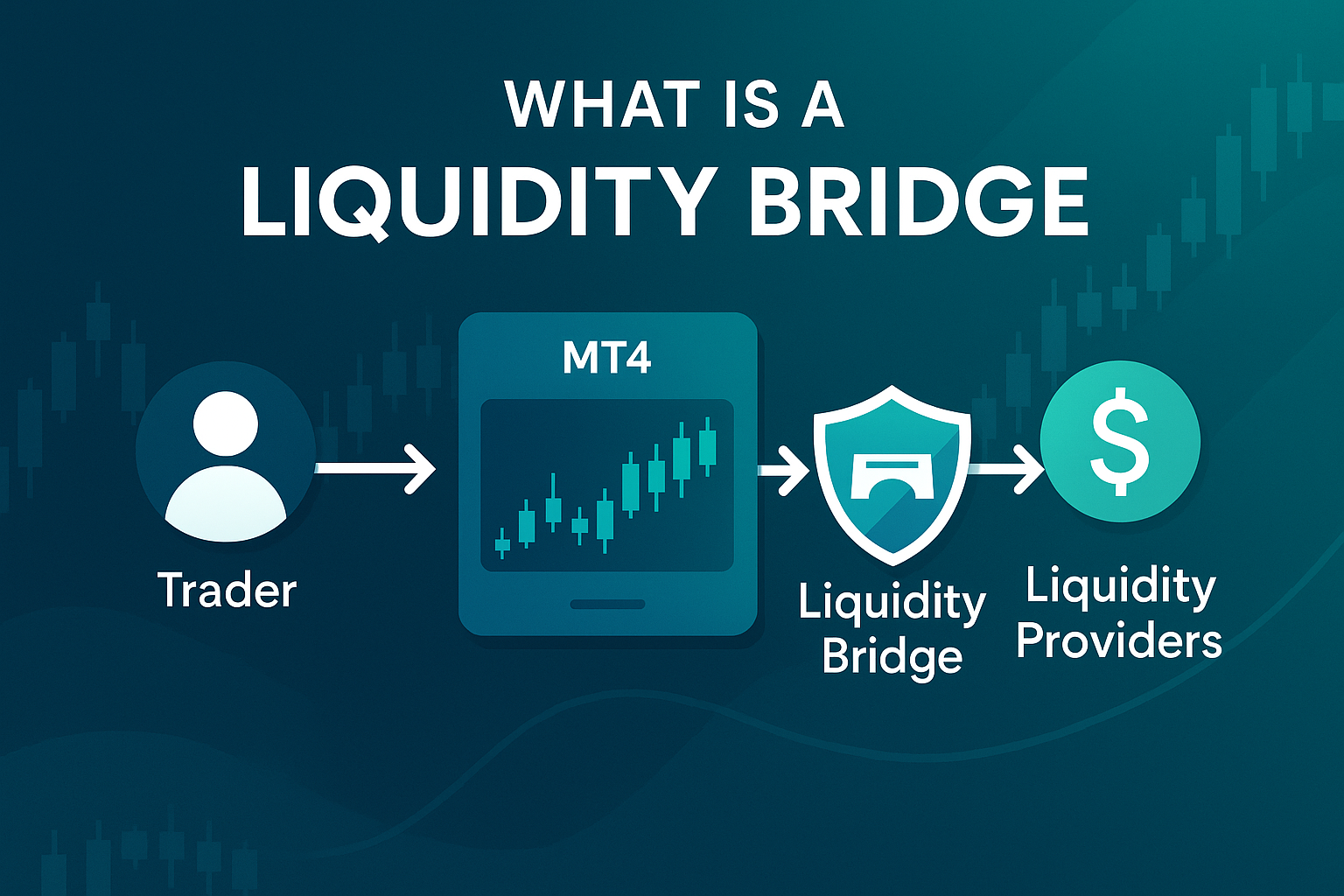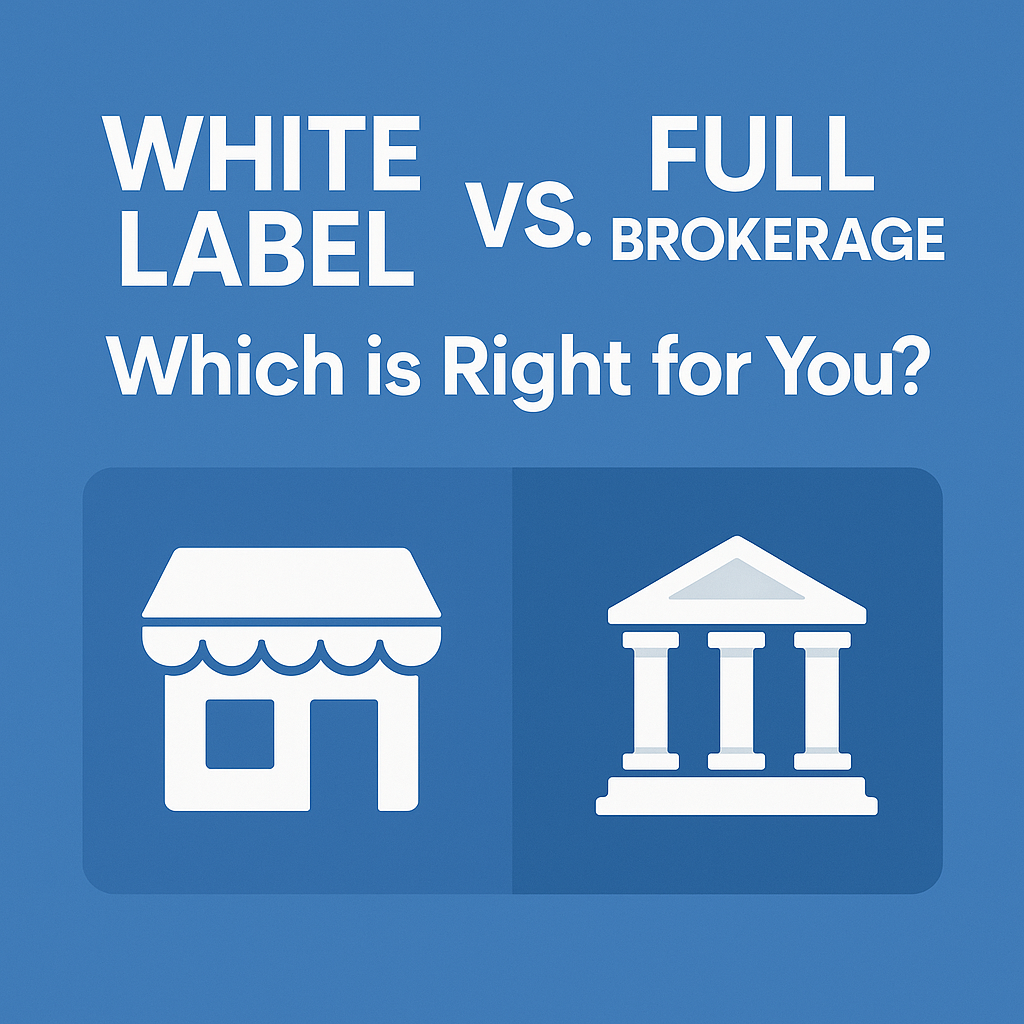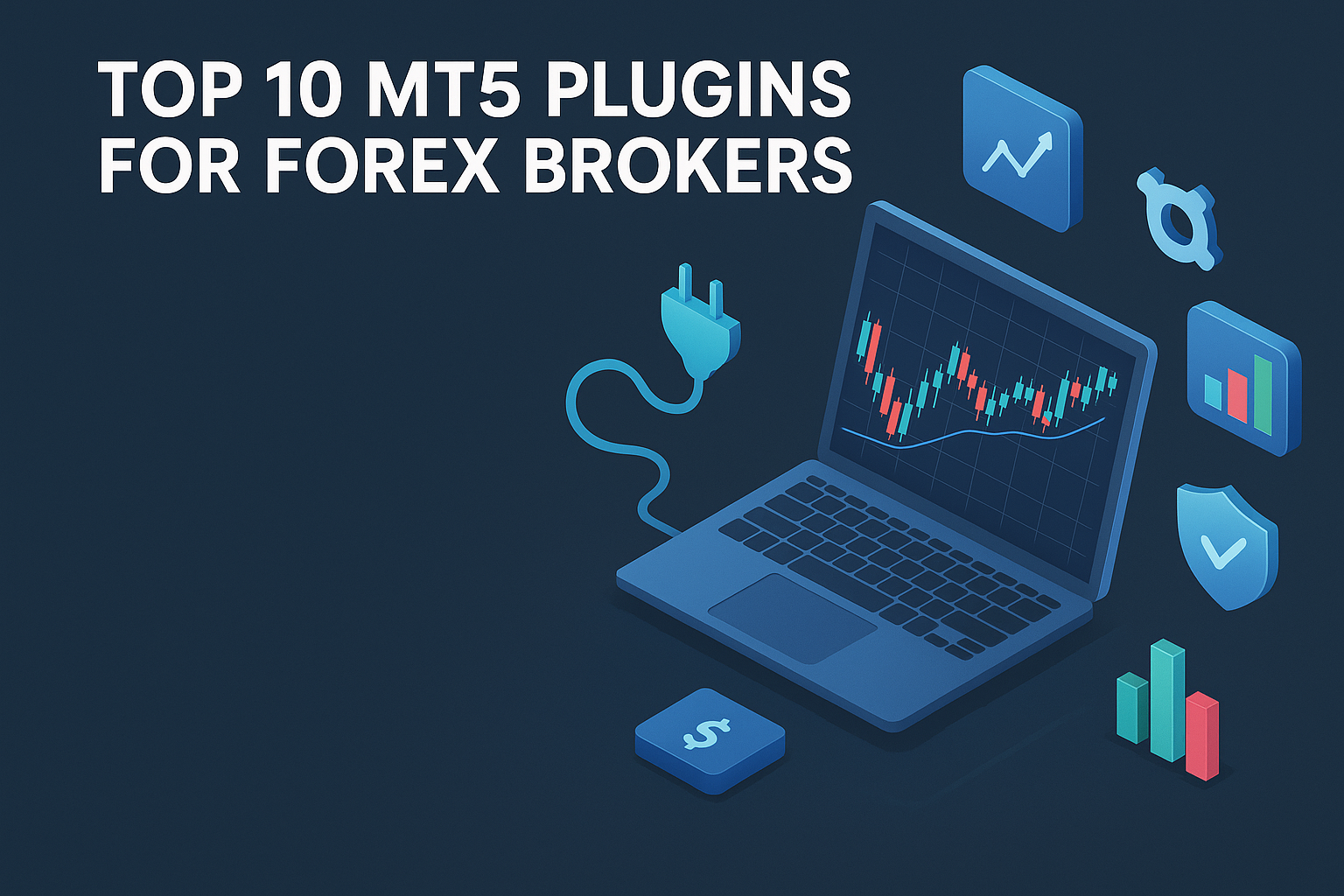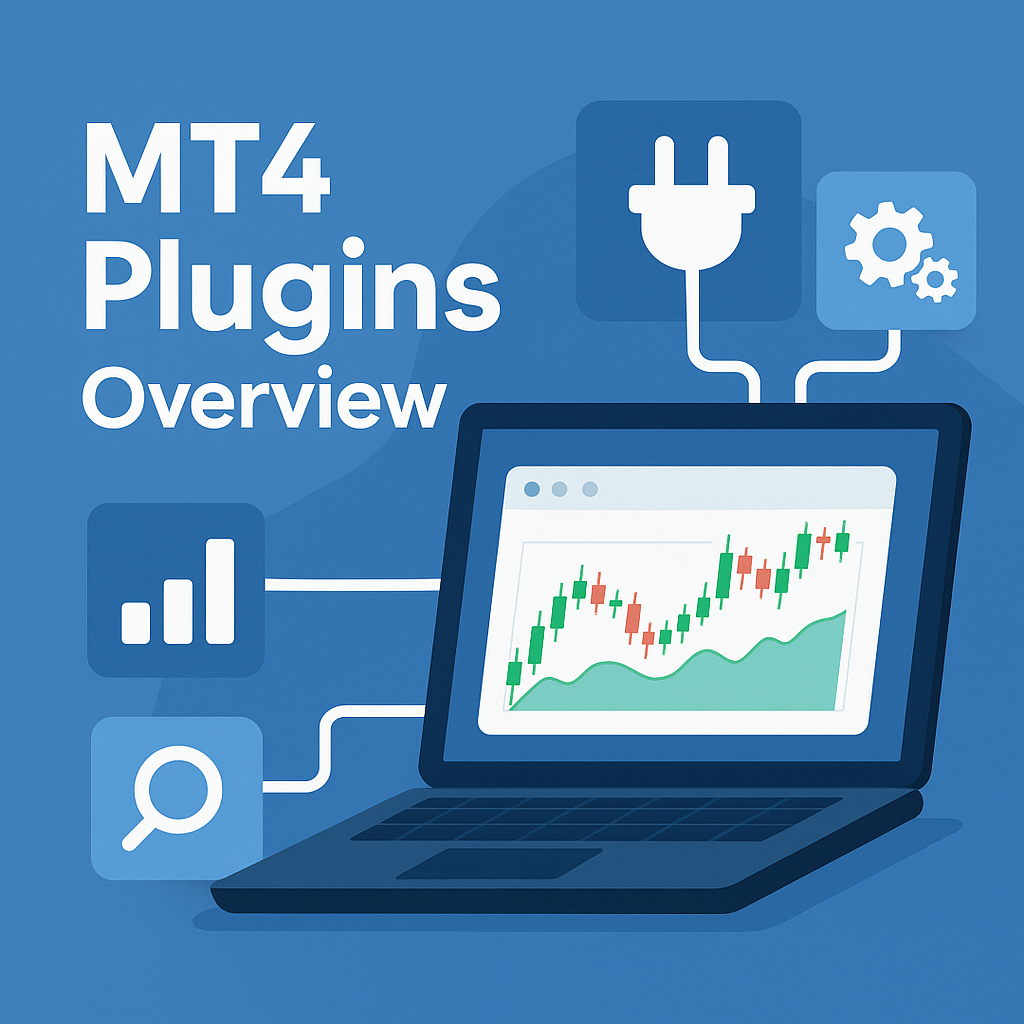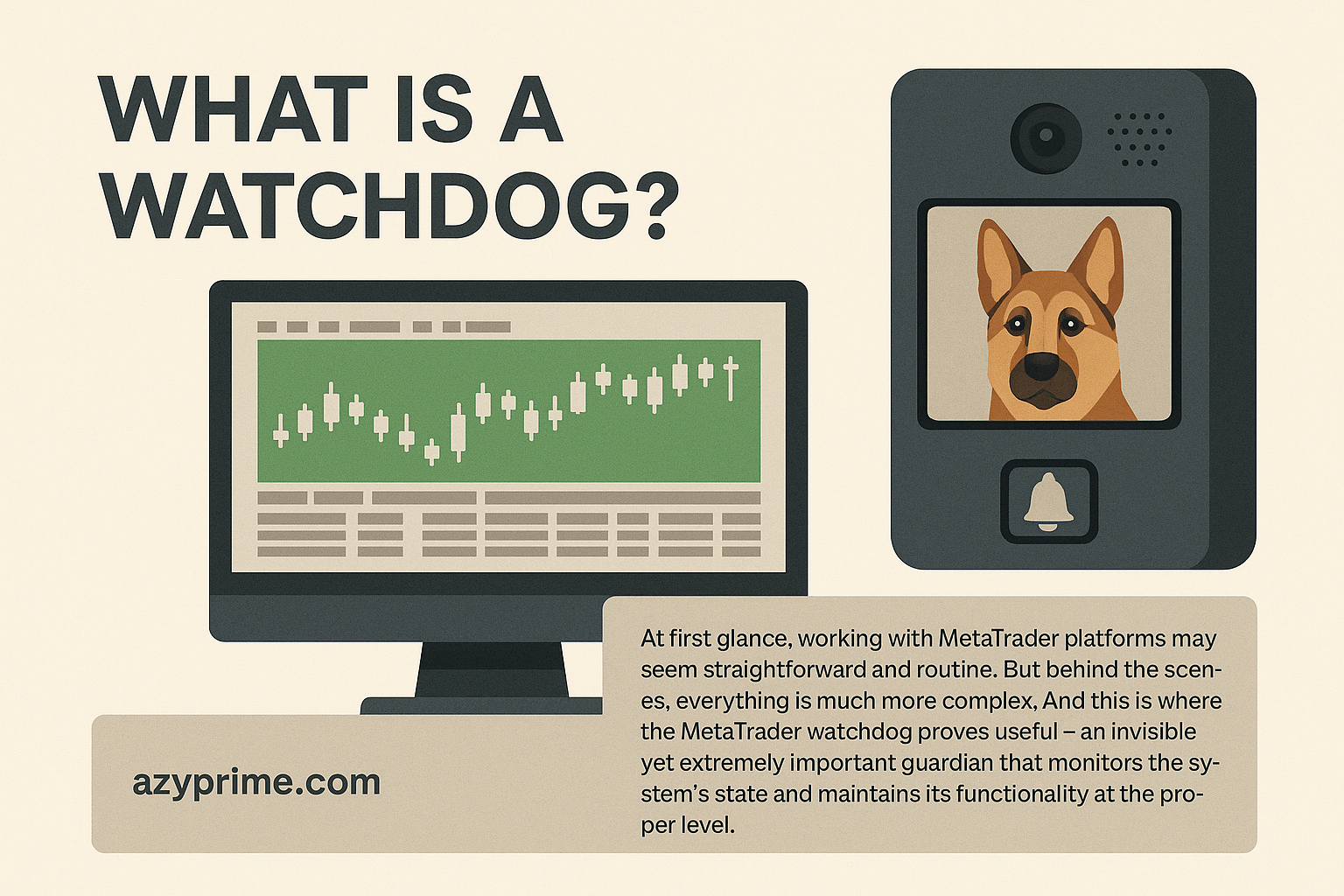
Key takeaways
A Forex Virtual Private Server (VPS) provides traders with a dedicated, high-speed, and uninterrupted hosting environment for automated trading strategies. By running Expert Advisors (EAs) and algorithmic systems on a remote server, traders can minimize latency, reduce slippage, and ensure continuous trade execution, even during power outages or internet disruptions. In 2025, with trading automation becoming more sophisticated, having a reliable VPS is crucial for staying competitive in the Forex market.
The best Forex VPS service should offer low latency, high uptime, robust security, and scalability to meet the growing demands of high-frequency trading (HFT) and algorithmic strategies. Traders should carefully evaluate providers based on server location, processing power, RAM, bandwidth, and customer support. Additionally, understanding common VPS mistakes, such as neglecting security updates or choosing an underpowered server, can help traders maximize efficiency.
Historical context of trading automation
The use of automation in financial markets dates back to the early 1970s when institutional traders started leveraging computer-based models for quantitative analysis. By the late 1990s and early 2000s, retail traders gained access to MetaTrader platforms (MT4 and MT5), which introduced Expert Advisors (EAs) capable of executing trades based on pre-programmed algorithms.
As internet speeds improved and global markets became more interconnected, latency reduction emerged as a critical factor in trading success. Professional traders and hedge funds started using dedicated servers located near major financial hubs to ensure ultra-fast execution. This demand led to the development of the best Forex VPS service, providing retail traders with access to the same infrastructure as institutional investors.
Understanding Forex VPS
A Forex Virtual Private Server is an essential tool for traders who require a stable, fast, and uninterrupted trading environment. Unlike traditional home-based setups, which depend on personal computers and local internet connections, a VPS provides a dedicated remote server that operates 24/7, ensuring that platforms and automated strategies remain active at all times. This is particularly useful for traders who rely on scalping, algorithmic trading, or Expert Advisors (EAs), where execution speed and system uptime can significantly impact profitability.
What is a Forex VPS?
The main advantage of using a VPS is its ability to provide low-latency connections to Forex brokers. By reducing the time it takes for trade orders to reach the broker’s server, traders can minimize slippage and maximize execution efficiency. This is particularly beneficial for high-frequency traders, scalpers, and algorithmic traders, who rely on split-second trade execution to capitalize on small market movements.
How does Forex VPS work?
Traders connect to their server remotely using Remote Desktop Protocol (RDP) or similar access tools, allowing them to monitor and manage their strategies from any device, whether it's a laptop, tablet, or smartphone.
The VPS is directly linked to the broker’s servers using optimized network routes that ensure minimal delay in order execution. Best Forex VPS providers place their data centers near major financial hubs such as New York (NYSE), London (LSE), or Tokyo (JPX) to ensure the fastest possible trade execution speeds.
By using a Forex VPS, traders can eliminate the risks associated with local hardware failures, internet disruptions, and slow execution speeds. With continuous uptime, enhanced security, and optimized performance, a server is an indispensable tool for any serious Forex trader looking to gain a competitive edge.
Types of trading systems
The Forex market offers a variety of trading approaches, each designed to suit different risk levels, timeframes, and profit objectives. Best VPS Forex (Virtual Private Server) plays a crucial role in optimizing performance by ensuring fast trade execution, uninterrupted system uptime, and protection from local technical failures. Traders who rely on automation, rapid order placement, or high-frequency strategies can greatly benefit from using these services.
Best VPS hosting for Forex trading supports a wide range of trading strategies, including:
-
Scalping strategies: these involve making rapid, small-profit trades that require fast execution. A VPS minimizes latency, allowing traders to capitalize on small price movements.
-
Algorithmic trading: automated systems execute trades based on programmed strategies. A VPS ensures uninterrupted operation, preventing downtime-related losses.
-
News trading: traders who capitalize on economic news releases benefit from a low-latency execution, which ensures orders are placed before market reactions occur.
-
Copy trading & signal trading: the best Forex VPS host allows signal providers and copy traders to mirror trades in real-time without delays.
By using it, traders can optimize their chosen strategy, ensuring consistent performance, reduced execution delays, and enhanced reliability. Regardless of the trading system used, having the best VPS server Forex trading provides a competitive advantage in fast-moving Forex markets.
Benefits of Forex VPS hosting
By running trading platforms on a remote, the best forex vps server, traders can ensure their strategies operate efficiently and continuously without interruptions.
Faster execution speeds
The best VPS for Forex trading ensures that trade orders are transmitted to the broker’s server instantly, reducing slippage and improving order accuracy. This is particularly beneficial for traders who rely on scalping, high-frequency trading (HFT), or algorithmic strategies, where milliseconds can mean the difference between profit and loss.
By hosting trading software close to major liquidity providers and broker servers, a Forex VPS significantly reduces execution time, giving traders a competitive edge. With orders processed at lightning-fast speeds, traders can react swiftly to market movements and secure optimal entry and exit points.
Enhanced security measures
Cybersecurity threats are a growing concern in online trading. Unlike personal computers, which may be vulnerable to hacking, malware, and phishing attacks, a Forex VPS offers advanced security features to protect traders’ funds and data. Leading providers implement DDoS protection, firewalls, and encryption protocols to safeguard trading environments from cyber threats.
Additionally, secure data centers with strict access controls minimize the risk of data breaches and unauthorized access. Many providers also offer automatic backups and system recovery options, ensuring that traders can restore their platforms quickly in case of unexpected failures. By leveraging these security measures, traders can focus on executing strategies without worrying about system vulnerabilities.
Uninterrupted trading experience
One of the biggest risks for Forex traders is experiencing downtime due to power outages, internet failures, or hardware malfunctions. A Forex VPS eliminates these risks by running continuously, ensuring that trading strategies remain active 24/7.
For traders using Expert Advisors (EAs), copy trading, or automated bots, uninterrupted uptime is essential to prevent missed trading opportunities. With it, traders can be confident that their trading system remains operational, executing trades in real-time even when their personal computer is turned off.
By investing in a high-quality Forex VPS, traders gain faster execution, enhanced security, and a stable trading environment that ensures maximum efficiency. Whether executing manual trades or running automated strategies, a VPS provides the infrastructure needed to trade seamlessly without disruptions.
Choosing a Forex VPS hosting service
Selecting the best VPS hosting for Forex is crucial for ensuring seamless trade execution, minimal latency, and system reliability. The ideal VPS should match a trader’s specific needs, whether they are running a single trading platform or executing multiple strategies with heavy computational requirements.
Key considerations for VPS selection
When selecting a Forex VPS, traders should evaluate several critical factors that impact overall trading efficiency. Latency, server location, hardware specifications, reliability, pricing, and customer support all play a vital role in determining the best VPS for Forex solutions.
A low-latency VPS ensures faster execution, reducing slippage and improving trade accuracy. Traders should look for providers with data centers near major Forex brokers or financial hubs such as New York, London, or Tokyo.
Hardware specifications also matter as trading platforms and Expert Advisors (EAs) require sufficient CPU power, RAM, and SSD storage to run smoothly. The best providers offer solid-state drives (SSDs) for faster data processing, dedicated resources to prevent system slowdowns, and scalable plans to accommodate growing trading needs.
A good provider should guarantee at least 99.99% uptime to ensure continuous operation, preventing missed trading opportunities due to downtime. Additionally, pricing and customer support should be considered. While budget-friendly options exist, traders should balance cost with performance and ensure the provider offers 24/7 technical support for any issues that arise.
Setting up your Forex VPS
Proper configuration allows traders to remotely manage their platforms, execute trades efficiently, and run automated strategies without interruptions.
Installing trading software
Once a trader has purchased a Forex VPS, the next step is installing a trading platform such as MetaTrader 4 (MT4), MetaTrader 5 (MT5), cTrader, or other broker-specific platforms. Some providers offer pre-installed versions of these platforms, simplifying the setup process. However, traders who prefer to configure their environment can download the trading platform manually from their broker’s website and install it.
After installation, it is important to:
-
Log in to the trading account using the broker’s credentials.
-
Set up Expert Advisors (EAs), scripts, and indicators if using automated trading.
-
Adjust platform settings for optimal performance, such as enabling one-click trading and configuring price alerts.
-
Ensure low-latency connections by verifying that the broker’s trading server is selected correctly.
By properly installing and configuring the trading platform, traders can maximize execution speed, reduce potential errors, and ensure that automated strategies operate efficiently.
Configuring remote access
The most common method for accessing a VPS is through Remote Desktop Protocol (RDP), which is built into Windows. Traders using Mac, Linux, or mobile devices can access their server using third-party remote desktop applications such as Microsoft Remote Desktop, AnyDesk, or VNC Viewer.
When configuring remote access, traders should:
-
Use a stable internet connection to avoid disconnections while monitoring trades.
-
Save the login credentials securely for easy and secure access.
-
Optimize display settings to improve performance, especially when using mobile devices.
-
Enable file transfer options to easily move files between the local computer and the VPS if needed.
By taking the time to install the right trading software and set up remote access correctly, traders can enjoy the full benefits of uninterrupted, secure, and efficient trading on a Forex VPS.
Common Forex VPS mistakes to avoid
Using the best VPS for Forex traders can significantly enhance trading performance, but improper setup and management can lead to technical issues that negatively impact trading results. Many traders make common mistakes that reduce efficiency, expose their systems to security risks, or cause unexpected downtime. Understanding these pitfalls can help ensure a smooth, uninterrupted trading experience while maximizing the benefits of a VPS.
Server management pitfalls
One of the most common mistakes traders make is selecting an underpowered VPS that cannot handle their trading workload. Many traders opt for a low-cost service without considering its processing power, RAM, or bandwidth, leading to performance issues. Overloading a server with multiple Expert Advisors (EAs), trading platforms, or custom indicators can cause lag, slow execution speeds, or even system crashes.
Additionally, traders often fail to monitor their resource usage. Running too many trading applications at once may exhaust CPU and memory, leading to delayed trade execution. To avoid this, traders should choose a top Forex VPS plan that matches their trading volume and regularly optimize resource allocation by closing unnecessary applications and monitoring system performance.
Security and update best practices
Failing to update software and security settings can expose a Forex VPS to cyber threats. Without proper security measures, attackers can exploit weaknesses in outdated operating systems, unpatched broker platforms, or weak passwords. To protect a Forex VPS, traders should:
-
Regularly install OS updates, broker platform patches, and antivirus software to maintain system security.
-
Use strong passwords and two-factor authentication (2FA) to prevent unauthorized logins.
-
Set up firewall rules and access restrictions to block malicious activity.
-
Avoid downloading third-party software from unknown sources that could contain harmful malware.
Taking proactive steps to prevent technical failures and cyber threats allows traders to focus on executing their strategies without worrying about system vulnerabilities.
Is Forex VPS right for you?
A Forex VPS is an essential tool for traders who rely on automated trading strategies, scalping, or high-frequency trading. However, manual traders with minimal automation may not need a VPS, as their trading style does not depend on constant system uptime.
For those using Expert Advisors, copy trading, or latency-sensitive strategies, top VPS for Forex provides better performance, security, and stability, helping them achieve consistent trading results.
Conclusion
As trading technology continues to evolve, having a Forex VPS in 2025 is no longer just an advantage—it’s a necessity for serious traders. With faster execution speeds, enhanced security, and uninterrupted trading environments, the best forex VPS hosting allows traders to operate efficiently and profitably.
Choosing the right provider, setting up a reliable trading environment, and avoiding common mistakes ensure traders can fully leverage automated strategies and achieve long-term success in the Forex market.

